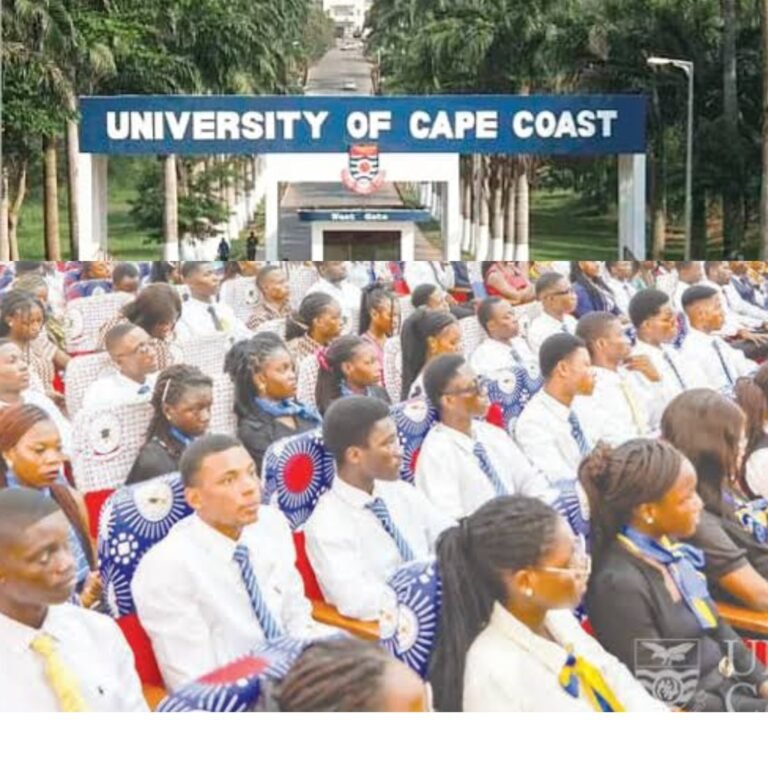
Vice-President Mahamudu Bawumia cuts sod to begin project construction
Vice-President Mahamudu Bawumia on Friday cut sod for work to begin on the construction of the first inland marine port in the country and an accompanying Industrial Park at Debre in the Savannah Region.
The multimodal transport corridor, known as the Trans-Volta Logistics Corridor, is being undertaken by LMI Holdings. It involves the development of a system to transport containers and bulk cargo from the Port of Tema to Burkina Faso and other landlocked countries via the Volta Lake.
The Debre Inland Port is expected to contribute to the infrastructural development of Ghana with a positive domino effect on transportation, jobs creation, rural development, revenue generation and many other benefits. The entire project is expected to be fully operational by 2025.
Speaking during the sod-cutting ceremony, the Vice-President underscored the importance of the project, especially for the movement of goods, cross-border trade and preservation of Ghana’s roads.
He noted that the port and industrial park would ease the congestion of clearing goods from Tema, saying “with the Volta Lake, vessels will transport goods and containers in transit to and from the Tema Port”.
“These containers will be moved by rail to Akwamu-Korankye and then loaded onto barges to the Debre Inland Port. In Debre, operating at its fullest capacity like Tema with all the attendant facilities, containers will be offloaded and put on trucks to continue their journey further into the sub region,” Dr Bawumia stated.
According to him, all services such as customs, transits clearances would be provided as pertains to any international port.
Myriad of issues
He further indicated that the $200 million inland port and the $250million Industrial Park projects would address a myriad of issues that continue to plague the movement of goods in Ghana and to our neighbours in the sub-region.
“Most of the over 30,000 trucks, annually, moving goods to landlocked countries of the northern boundary of Ghana will be taken off the roads. The total monetised benefit for the intervention encompasses a reduction in generalised cost, comprising vehicle operating cost, travel time, carbon emission, reduction in transportation cost and reduction in post-harvest losses,” he added.
Dr Bawumia said the greater part of the inland transport in Ghana happens via lorries, with the road transport system taking up 96% of freight and 97% of passenger traffic.
He bemoaned the heavy reliance on roads for the transport of goods from the Tema port to Ghana’s landlocked neighbours, saying “it has had a punishing effect on our roads, leading to shorter lifespans and concerns with safety”.
“This monumental intervention will reap major savings on road maintenance. It will reduce the incidences of fatal road accidents that we, unfortunately, too often read and hear about in the media,” he noted.
Business readiness
Dr Bawumia emphasised that industrial parks, such as the one at Debre, signal business readiness in any given context, serving production and manufacturing needs for mutually beneficial businesses and industries.
“The availability of subsidized service and infrastructure such as roads, electricity, energy, water supply, and telecommunication services is a competitive standpoint, attracting international and foreign investors. For a growing economy, likes ours, Industrial Parks are a requirement for our industrialization. The Dawa Park by LMI and the Tema Free Zones Enclave are a testament to this,” he pointed out.
Reiterating government’s continued resolve to create an enabling environment and support for private sector investment, Dr Bawumia called on other organisations to emulate the efforts LMI Holdings.




